
By clicking "Start Submission", you agree to be contacted by the host regarding this opportunity.
About
The Fellowship
Google's first-ever Image Equity Fellowship is a 6-month, application-based Fellowship awarded to 20 early-career image-based creators of color in the US. Selected Fellows will receive $20,000 in unrestricted funds to create an image-based project that explores and uplifts community(ies) of color with care and nuance. Fellows will receive support from Google and three industry-celebrated nonprofit partners—Aperture, For Freedoms & FREE THE WORK—in the form of dedicated mentorship, workshops, funding and publication of and press for their completed projects.
Eligibility
The Image Equity Fellowship will consider any person who meets the following qualifications:
Fellow must self-identify as a person of color (e.g. Black, Middle Eastern, Indigenous, Asian, and/or Latinx)
Fellow must be at least 18 years old (at the time of application submission)
Fellow must have a valid United States address.
Fellow must be able to submit a W9 form
- If selected, Fellows will need to provide a W9, a US address, and bank account information.
Google’s Image Equity Initiative
Racial bias is baked into camera and image technology, historically overlooking and excluding people of color, especially those with darker skin tones. That same bias can carry through in our modern imaging tools if they aren't tested with a diverse group of people and inputs, delivering unfair experiences for people of color, like over-brightening or unnaturally desaturating skin.
We acknowledge that Google—and the tech industry writ large—has struggled in this area in the past, and Google is committed to continuing to improve our products accordingly. As part of Google's Product Inclusion and Equity efforts, our teams are on a mission to build camera and imaging products that work equitably for people of color, so that everyone feels seen, no matter their skin tone. The recent launches of Real Tone on Google Pixel 6, as well as Google Photos' Real Tone filters and the open-sourcing of the Monk Skin Tone Scale are tangible examples of this commitment. 2022 Image Equity Fellowship is a natural extension of this mission, aiming to empower the next generation of image makers of color to tell urgent stories of their communities, in the US.
Our Partners
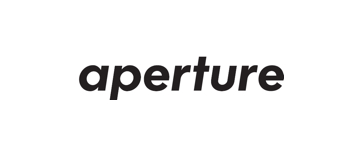
- Aperture. A not-for-profit foundation, connects the photo community and its audiences with the most inspiring work, the sharpest ideas, and with each other---in print, in person, and online.
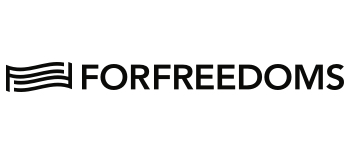
- For Freedoms. A non-profit organization committed to addressing the lack of diversity in media and to creating opportunities for a global workforce of underrepresented creators behind the lens in TV, film, and marketing.
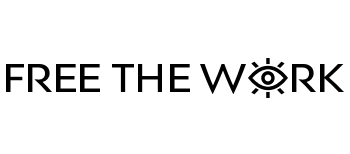
- Free the Work. A global talent discovery community dedicated to bridging the gap between opportunities and underrepresented artists.
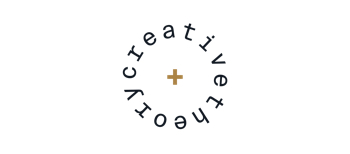
- Creative Theory Agency. An only-of-its-kind creative advertising agency built on the belief that a team made of 100% global majority talent is the best to lead and build innovative, inclusive, and industry-leading brand campaigns and amplify critical cultural messaging.
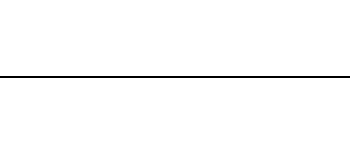
Fellowship Experience
In addition to the $20,000 unrestricted award, selected Fellows will receive direct support and curated guidance from industry-celebrated mentors and monthly workshop programming designed to empower these artists as creatives and business people.
Project Output
Over the 6 months of the Fellowship, Fellows will create an image-based (e.g. photographs, scans, collages) project that explores and uplifts a community or communities of color with care and nuance. The program is designed to give Fellows time to fully develop, explore and realize their vision, in collaboration with their subject(s). Fellows will also receive some support from Google and the partners for the in-person exhibition of their final Fellowship projects.
NOTE: Fellows are not required or obligated to use Google hardware/software to complete their projects.
Mentorship
A curated set of mentors from across the industry bring a depth and diversity of experience that comprises fine arts, creative production commercial and curatorial practices. These mentors will also act as final judges to determine the cohort of 20 Fellows:
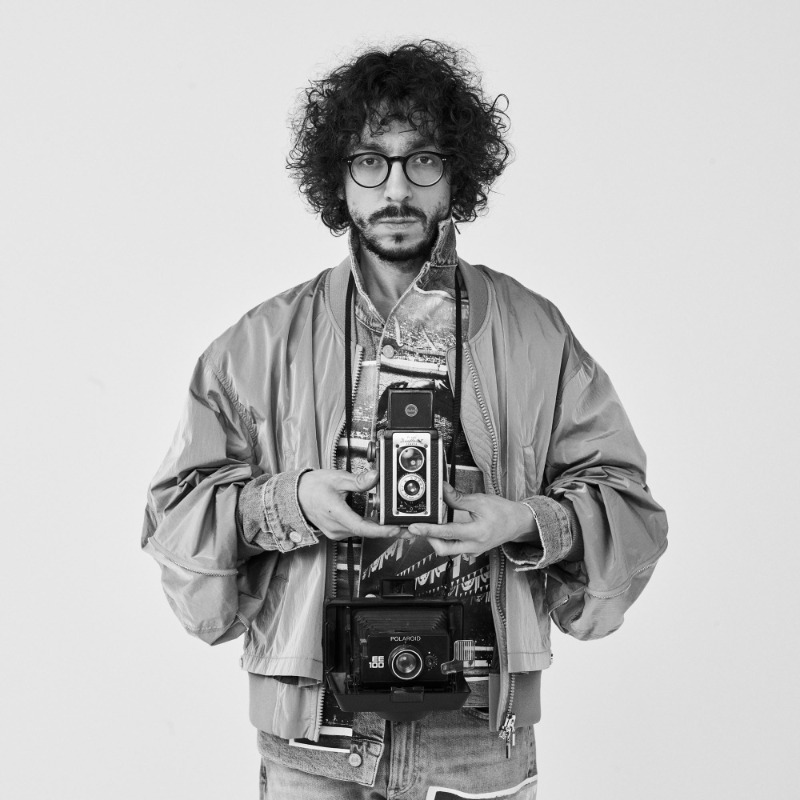
Ahmed Klink
Ahmed is a filmmaker and photographer based in New York City. Born in Lebanon in the 80′s where he managed to escape a raging Civil War at age 2, Ahmed found shelter in France where he grew up and lived for 20 years before moving to the US. His work has been selected in American Photography 32, 31 and his client list includes 72andSunny, BBDO, Billboard, CP+B, Bacardi, Budweiser, Translation, Adidas, MTV, SLAM, Converse, Rolling Stone, XXL and Leo Burnett amongst others. He also has a PhD and has written many papers on how to diagnose heart disease using contrast-enhancing nanoparticles. His friends rightfully call him Dr. Klink.
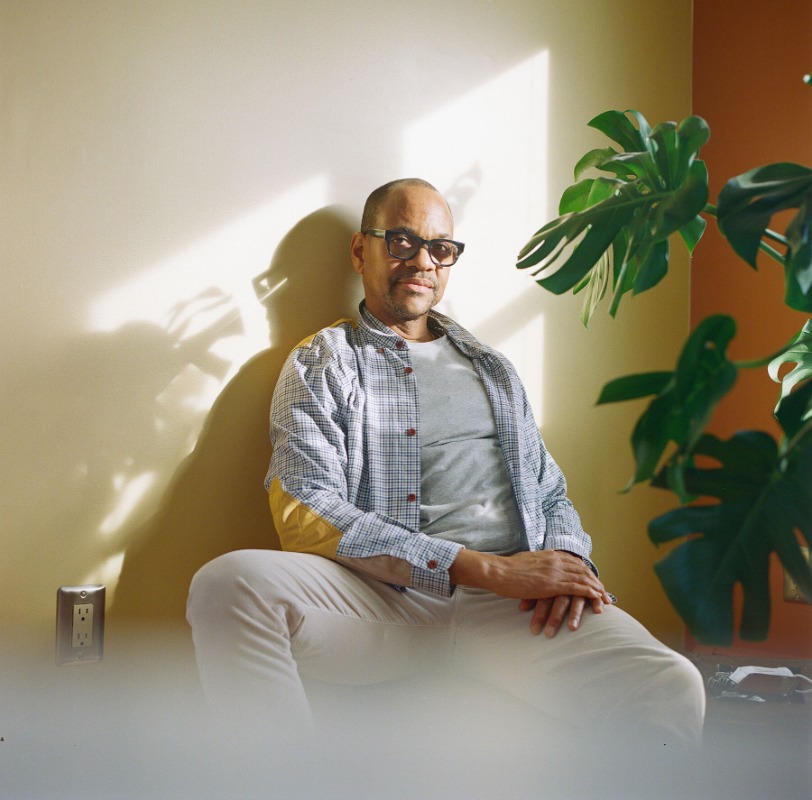
Lyle Ashton Harris
Lyle has cultivated a diverse artistic practice ranging from photography and collage to installation and performance art. His work explores intersections between the personal and the political, examining the impact of ethnicity, gender, and desire on the contemporary social and cultural dynamic with representation in the permanent collections of The Museum of Modern Art (MoMA), New York; the Metropolitan Museum of Art, New York; the Solomon R. Guggenheim Museum, New York; the Whitney Museum of American Art, New York; The Studio Museum in Harlem, New York; the Hessel Museum of Art at Bard College, Annendale-on-Hudson, New York; the Museum of Contemporary Art (MOCA), Los Angeles; the J. Paul Getty Museum, Los Angeles; the Los Angeles County Museum of Art; the Museum of Fine Arts, Boston; Pérez Art Museum, Miami; the Walker Art Center, Minneapolis; the Tate Modern, London, UK; Museo de Arte Contemporáneo de Castilla y León, Spain; Migros Museum für Gegenwartskunst, Zurich, Switzerland, among others.
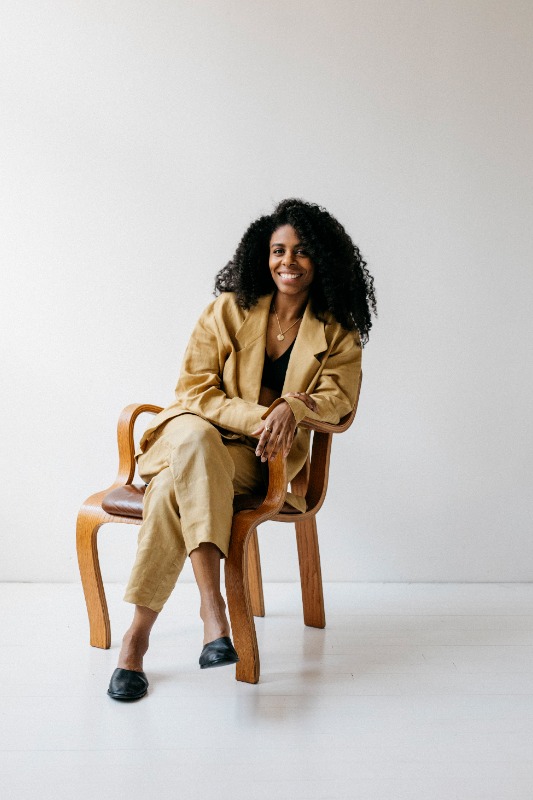
Bee Walker
Bee is a foreign-born, multidisciplinary artist and film director based in New York. With an upbringing spanning six countries, an ingrained love of travel, and a family tree covering 8 nations, Bee aims in work and in life to illuminate the complexity of the human experience and connect humankind. Her experiences as a still photographer, creative producer, and counselor inspire her directorial style while her love of art, fashion, and foreign films inspire her visual language and perspective. She works both independently and collaboratively with her husband and fellow director/photographer under the name Rog + Bee.
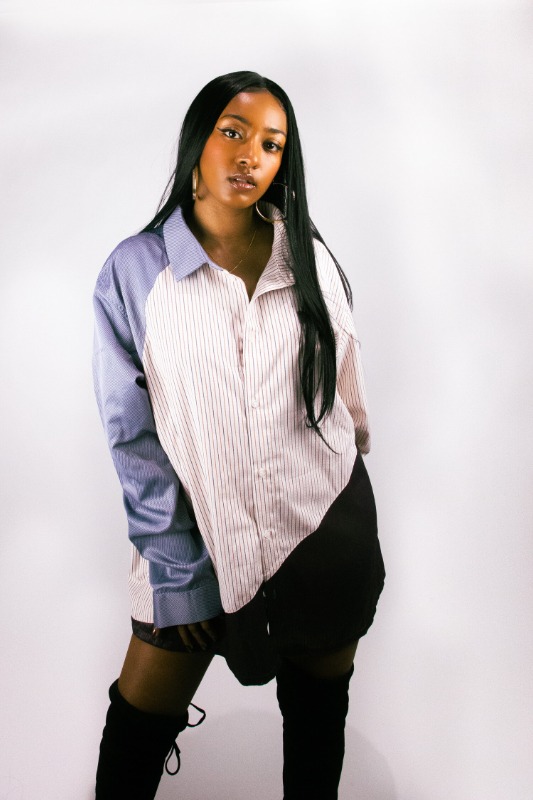
Mahaneela
A multidisciplinary artist from London with roots in Ghana, India and Jamaica, Mahaneela's work explores the themes of diasporic history, music and culture, with a focus on the black experience and emphasis on depicting black and brown people in modes of joy and happiness. In a direct response to the lack of representation of Black and Asian people in the mainstream media, she hopes to provide a new perspective, one that is bright, beautiful and authentic. In addition to her photography and filmmaking work, Mahaneela is a creative strategist and consultant, working with artists, labels, and brand to ideate and execute real world activations and events.
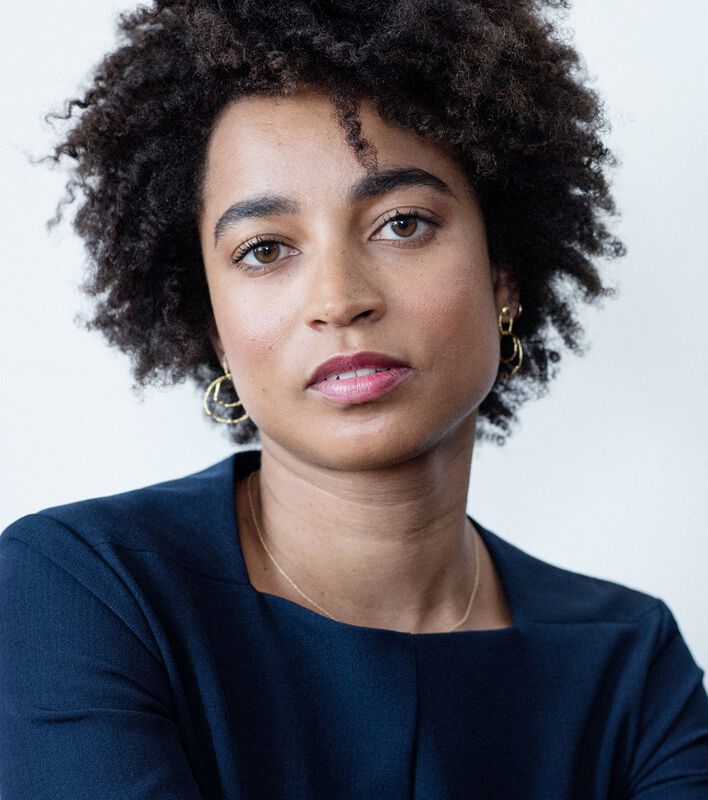
Rujeko Hockley
Rujeko Hockley is Assistant Curator at the Whitney Museum of American Art, where she is a co-curator of the exhibition An Incomplete History of Protest: Selections from Whitney’s Collection, 1940-2017 (2017). Previously, she was Assistant Curator of Contemporary Art at the Brooklyn Museum where she contributed to exhibitions including LaToya Ruby Frazier: A Haunted Capital (2013), Crossing Brooklyn: Art from Bushwick, Bed-Stuy, and Beyond (2014) (Co-curator), Kehinde Wiley: A New Republic (2015), I See Myself in You: Selections from the Collection (2015) (Co-curator), and Tom Sachs: Boombox Retrospective, 1999-2016 (2016). She is the co-curator of We Wanted a Revolution: Black Radical Women, 1965-85 (2017), at the Brooklyn Museum. She serves on the Board of Art Matters, as well as the Advisory Board of Recess. She received her B.A. from Columbia University in Art History and is a Ph.D. Candidate in Art History, Theory, and Criticism in the Visual Arts Department at the University of California, San Diego.
Workshops
Monthly workshops will be led by industry experts across a range of topics that will support Fellows, both in the development of their projects and in their careers:
How to Get Work and Sustain Your Art
Financial/Legal Protection & Planning
Navigating the Art World - Gallery Showings & Publishing
Navigating the Commercial World - Marketing, Pitching & Sharing Your Work
Community Outreach & Engagement
- Creative Project Management
Timeline
Requirements
Profile
- done
First name
- done
Last name
- done
Gender
- done
Birthday
- done
Address
- done
Residing in United States, United States Minor Outlying Islands, Puerto Rico
- done
Biography with up to 1500 characters
- done
CV with up to 2000 characters (or PDF file)
- done
Phone
Upload
- done
1 project per submission
- done
5 to 20 files per project
- done
Allowed file types: JPG
- done
At least 3000px on the long edge
Descriptions
- done
Project description
- done
Project title
- done
Project year
- done
Project location
- done
Project country
- done
Image title
- done
Image description
- done
Image location
- done
Image country
FAQ
What is the entry fee?
There is no entry fee to apply to the Image Equity Fellowship.
Does Google or the partner organizations own the work that is submitted by applicants?
Copyrights to all work submitted in connection with this award remain with the respective Fellows, however, the Fellow grants to Creative Theory Agency and Google LLC a worldwide, irrevocable, and perpetual license to reproduce representative examples of the submitted entries in any of their publications, websites, and/or in any promotional material, strictly in connection with the Google Image Equity Fellowship and with reference to the photographer as relevant in each case.
Where can I sign up for a Picter account?
To sign up, please visit Picter.com
What if I run out of time?
No exceptions will be made for late submissions. Please allow for ample time to complete your entry.
Can I submit individual images from different projects?
Yes. Applicants can submit from one body of work/project or multiple bodies of work/projects. We are looking for work that speaks to the creator's commitment to storytelling and expression through photography. However, this body of work does not need to be complete; images can be from an ongoing project.
Can I submit fewer than the required minimum of 5 images/artifacts for the Fellowship application?
No. Applicants will need to submit a minimum of 5 images/artifacts. The evaluators and judges are expecting to see a number of images that equate to a range (e.g. a portfolio of images) and therefore we will not accept submissions that contain fewer than 5 images/artifacts or more than 20 images/artifacts.
If I live outside the continental United States, am I still eligible for entry?
Unfortunately not. The Image Equity Fellowship is open to artists currently based in the United States. Selected Fellows will need to provide a W9, U.S. address, and bank account.
What does it mean that the award is "unrestricted"? If selected, do I have to make a new body of work with the money I receive?
The Google Image Equity Fellowship is about supporting and sustaining Artists' emerging and current practice. There are no restrictions on how the awarded money is used, and we do not impose reporting obligations. Artists are required to make new work with the money received that focuses on normalizing, uplifting, and capturing communities of color with nuance, highlighting the importance of equity for these communities, and of being seen accurately, beautifully and dignifiedly.
Does Creative Theory Agency or Google own the work that is submitted?
Copyrights to all work submitted in connection with this award remain with the respective applicants, however, the submission of an application grants to Creative Theory Agency LLC and Google, Inc. a worldwide, irrevocable, and perpetual license to reproduce representative examples of the submitted entries in any of their publications, websites, and/or in any promotional material, strictly in connection with the Image Equity Fellowship, and with reference to the photographer as relevant in each case.
Will my work be published by Creative Theory Agency, Google, or partners of the Image Equity Fellowship?
Yes. At the time of the Fellows announcement, all selected artists will have their work featured online and in physical exhibitions by all participating partners of the Image Equity Fellowship.
I would like to submit work that has already been published. Will that affect my chances of winning?
You can submit work that has already been published, and no, it will not affect your chances of being selected as a Fellow.
Can I submit more than one portfolio?
No, you may only submit one portfolio.
Can I edit my portfolio once it has already been submitted?
Yes, you can edit your submission up until the deadline. To do so, log in to your Picter account and click the "Submission" tab at the top of the screen. Under "Completed" you should see your submission. Click "edit" at the top of the page to edit your submission.
What are the specs for uploading images?
Images must be at least 3,000 pixels wide and saved as a JPG file. Other file types such as TIFF, PNG, and PSD are not permissible. If you continue to have issues uploading your images or completing your submission, visit the Picter help center or e-mail the Picter support team at support@picter.com.
Is the $20,000 award money taxable?
Yes, the $20,000 award is taxable. All federal, state, and/or local income and other taxes, if any, are the Fellow's sole responsibility.
I still need help. Who can I contact? Send an email to imageequityfellowship@creativetheory.agency
How would you define Image-Based creators?
Must center lens-based still imagery (e.g. photographs, scans, collages). There needs to be a clear and demonstrable tie back to lens-based, still image. Anything that isn’t rooted in a lens based image does not qualify.
How would you define early-career? Lack of major institutional support and an extremely well client portfolio. Submit your CV and be sure to include any institutional background.
Can collaborative groups or teams apply? No, unfortunately collaborative groups or teams can not submit one application. We encourage individual submissions.
By clicking "Start Submission", you agree to be contacted by the host regarding this opportunity.